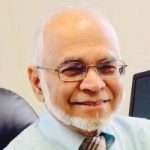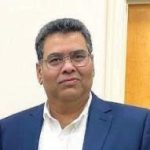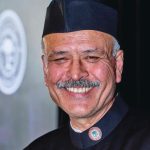- Orientation: Programs to introduce new students to the university environment.
- Mentorship: Guidance and support provided by experienced individuals to students.
- Student Organizations: Clubs and groups that promote extracurricular activities.
- Internships: Work experiences provided to students to gain practical skills.
- Study Abroad Programs: Opportunities for students to study in foreign countries.
Advancing Scholarship in Indian Muslim Studies
Indian Muslims
220 million Indian Muslims represent the world’s largest minority group.
Indian Muslims continued to shape the history and culture of Indian subcontinent at the onset of British colonialism and continue to do so today. To limit their impact pre-colonialism overlooks their role in Indian freedom movement, nation building and general contributions in the making of India.
Diminishing Discourse
Despite their profound impact and diversity, the narratives surrounding Indian Muslims are notably diminishing in academic and intellectual discourses, including at Western universities. This trend risks overlooking the rich heritage and ongoing contributions of this influential community.
Global Diaspora
Beyond the subcontinent, Indian Muslims have a substantial presence in the Gulf region, the United Kingdom, Canada, and the United States. Their numbers are also growing in the European Union, Australia, and New Zealand. The Indian Muslim diaspora plays a critical role in shaping the global Islamic com.
Humayun Fort
Case for an Endowed Chair in Indian Muslim Studies
Let us come together to and establish comprehensive Indian MuslimStudies programs at prominent universities. Ensure the preservation, study, and appreciation of an important part of the world’s cultural heritage. Empower students, scholars, and communities to engage with and understand the rich legacy of Indian Muslims.To learn more about this initiative, email to
A 15th century step well in Ashtur, Bidar, India.
Academic Activities
Our academic activities in Indian Muslim studies focus on Teaching and Learning, where we offer diverse courses and employ innovative methods to foster critical thinking and cultural understanding among students. Research and Scholarship drives knowledge advancement through rigorous exploration of Indian Muslim history, culture, and society, supported by interdisciplinary projects and ample resources. Academic Administration ensures efficient operations and supports faculty and student needs with integrity and dedication. Student Engagement and Support enhances academic and personal growth through mentorship, advising, and enriching extracurricular activities. These efforts are complemented by Institutional Activities that promote community engagement, cultural awareness, and collaborative partnerships for broader societal impact.
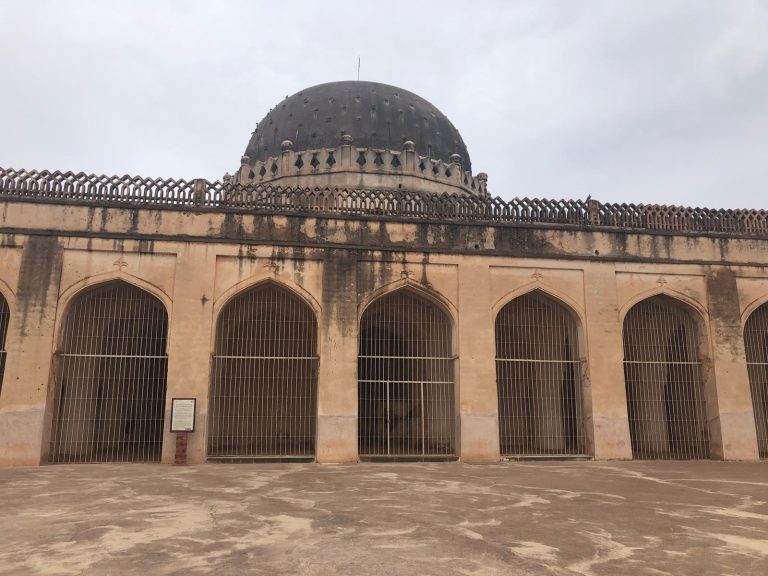
A mosque inside Bidar fort.
- Lectures: Formal presentations by instructors to teach specific subjects.
- Seminars: Small group sessions focused on discussion and analysis of topics.
- Tutorials: Personalized teaching sessions, often one-on-one or in small groups.
- Workshops: Hands-on sessions for practical learning and skill development.
- Laboratories: Practical sessions for scientific experimentation and research.
- Coursework: Assignments and projects completed by students as part of their studies.
- Examinations: Formal assessments to evaluate students’ knowledge and skills.
- Thesis/Dissertation: Extended research projects required for advanced degrees.
- Capstone Projects: Comprehensive projects that integrate and apply learned knowledge.
- Research Projects: Systematic investigations undertaken to discover new knowledge.
- Publications: Academic papers, articles, and books published by faculty and students.
- Conferences: Gatherings where researchers present and discuss their findings.
- Grants and Funding: Financial support for research activities.
- Peer Review: Evaluation of research by experts in the field.
- Fieldwork: Research conducted outside the traditional academic setting.
- Curriculum Development: The process of designing and updating academic programs.
- Accreditation: Certification that an institution meets certain standards.
- Academic Advising: Guidance provided to students regarding their academic paths.
- Enrollment Management: Processes related to student admissions and registration.
- Faculty Development: Programs aimed at enhancing the skills and careers of academic staff.
- Commencement: Graduation ceremonies where degrees are conferred.
- Convocation: Formal assemblies of the university community.
- Symposia: Meetings for the discussion of specific academic topics.
- Colloquia: Academic meetings where scholars present their research.
- Workshops and Training Sessions: Programs aimed at enhancing specific skills or knowledge areas.
Key Initiatives

Academic Journal
Establish a journal focused on Indian Muslims to drive scholarly discourse. Annual Conferences, Lecture Series, and Awards: Host annual conferences to showcase research and foster collaborations.

Support Programs
Develop targeted educational programs to nurture the next generation of scholars in Indian Muslim Studies.

Next Generation of Scholars
Develop targeted educational programs to nurture the next generation of scholars in Indian Muslim Studies. Research based initiatives and programs to leverage ongoing relief, charities, and development
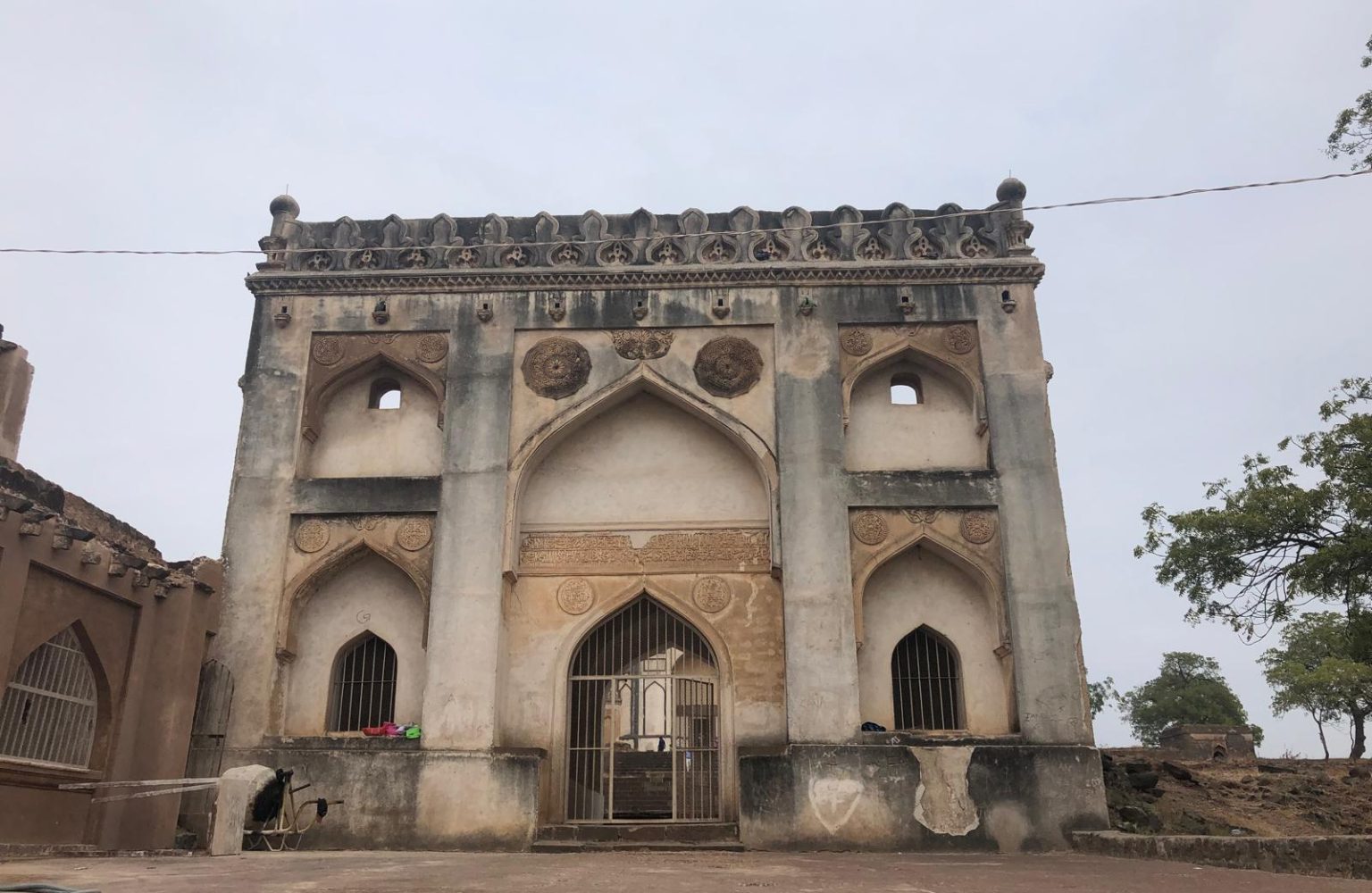
Dargah Hazrath Nemat Ullah Shah kirmani
Funerary complex of scholars in Ashtur, Bidar, India.
An organized Indian Muslim Studies program preserves the legacy of the Indian Muslims for generations to come. Generate narratives – Impact policies
In the age of Artificial Intelligence, LLMs rely on the knowledge available in digital format. The vast amount of literature about Indian Muslims available in Urdu or Persian is in print format, which is not accessible to the AI world.
AI has access to more biased information in digital format, the problem will be exacerbated as more and more false information is generated on which AI models will be trained.
New knowledge creation that is accessible in AI world is imperative and this is not a onetime individual endeavor but an institutional and continuous. Universities are best suited for this work.
There is a concerted effort to erase Indian Muslim history and identity itself.
Endowed Chair In Indian Muslim Studies
Center of Muslim Experience in the US
Arizona State University
Arizona State University is interested in establishing this endowed Chair in Indian Muslims Studies. University will conduct an international search for a suitable candidate and appoint as the Chair in the Indian Muslim Studies.
Impact Statement
The endowment in Indian Muslim Studies provides an annual budget to the hired professor and the Center of Muslim Experience (CME-US) to undertake research on different aspects of Indian Muslims, advance scholarship by creating collaborative partnerships with other scholars, and to disseminate critical knowledge about Indian Muslims to the public.
Research: The Endowed Chair in Indian Muslim Studies will develop and advance a rigorous research agenda on various aspects of Indian Muslims, depending on their disciplinary field, areas of expertise, and professional interests. Topics of research will vary depending on the knowledge and interests of the professor selected for the Chair position. The endowment will support their research and publishing.
Collaboration: The Endowment, with the support of CME-US, will provide the Chair in Indian Muslim Studies opportunities to organize regular workshops, bringing together scholars from around the world to discuss relevant topics about the Indian Muslims in India and globally. In addition, the Chair will organize panels at national and international conferences, providing leadership and giving coherency to the emerging field of Indian Muslim Studies. In addition, the Chair will collaborate with other scholars to publish edited books on relevant topics and organize special issues in academic journals focusing on Indian Muslim issues.
Public Engagement: The Chair in collaboration with CME-US and other academic units at ASU will undertake an active public education program by inviting keynote speakers and organizing panel discussions for a public audience and make them accessible online.
- Research deepens knowledge about the social, political, economic, and/or cultural place of Indian Muslims, the historical and social forces that shape their conditions today, their contributions to Indian society, and the relationship between diasporic Indian Muslims and the Muslim communities in India, and/or the rich diversity of Muslim cultures and histories in India.
- By deepening knowledge of Indian Muslims, the Endowed Chair will be a leader in defining the field of study about Indian Muslims and the critical issues they face. Indian Muslim Studies today is an incoherent field, comprised of disparate individuals around the world with no existing network, no academic association, and no defined program of development. Rather, scholars working on Indian Muslims are consumed within the broader field of Indian Studies, with a primary focus on non-Muslim communities, cultures, and issues.
- In defining the field of study, the Endowed Chair will be able to establish a network of scholars of Indian Muslims and serve as a mentor to junior scholars. The network will be able to host workshops and organize panels at major international conferences. In addition, as a cohort of engaged scholars becomes defined, they will collaborate in writing edited volumes and special issues of academic journals.
- In being a leader in fostering a network of scholars in Indian Muslim Studies, the Endowed Chair will advance graduate studies by attracting additional students to study under their guidance. In so doing, they will develop additional courses at the undergraduate level, providing exposure to non-Indian Muslims about the rich histories and cultures of India’s Muslims, and provide Indian Muslims an opportunity to see themselves in the university, strengthening their sense of belonging and Muslim Americans.
- In creating a dynamic graduate program of study at ASU, the Endowed Chair will work with students and others to make knowledge accessible to the general public and engage local, national, and international media with articles and op-eds about the condition of Indian Muslims.
Research Topics
The area of specialization of the Endowed Chair will be open to historians, political scientists, sociologists, anthropologists, and scholars of journalism, gender, and religious studies. Their research will be defined by their interests, disciplinary concerns, and the missions of the Endowment and CME-US and will evolve.
Potential topics of expertise include, but are not limited to:
- Partition and the making of Indian Muslims as a minority community;
- The reshaping of Muslim religious practices and Sufi shrines in the context of Hindutva;
- The politics of Muslim women as the subject of state control over the Muslims of India;
- Diasporic Muslims: Tracing the impact of out-migration on particularly Muslim communities in India;
- Diasporic Muslims: How Indian Muslims abroad are reshaping the social and political lives of Indian Muslims;
- Media and the rhetoric of Islamophobia in India today;
- Tracing the shifting electoral practices of Muslims in different Indian states;
- Who speaks for India’s Muslims?: Competing claims to authority and power;
- Kashmir and the unmaking of India’s Muslims.
Each of these topics has different impacts and implications, tracing out the precarious place of Muslims in India today, particularly under the rise and rule of Hindutva. The primary concern of the Endowed Chair will be to understand the contemporary condition of India’s Muslims and to look toward the future and ways of overcoming precarity, conflict, and the lack of peace in India today.
Isa Khan's Tomb, Delhi
The university funds the endowed professorship in perpetuity through its own endowment, in exchange for a one-time contribution from the community
In return for the one-time contribution, the University commits to funding and sustaining this Chair in perpetuity, no annual contribution is needed.
Donors who make substantial contributions would be able to name the Chair or other components of this Chair. For more information about contributions, please contact:
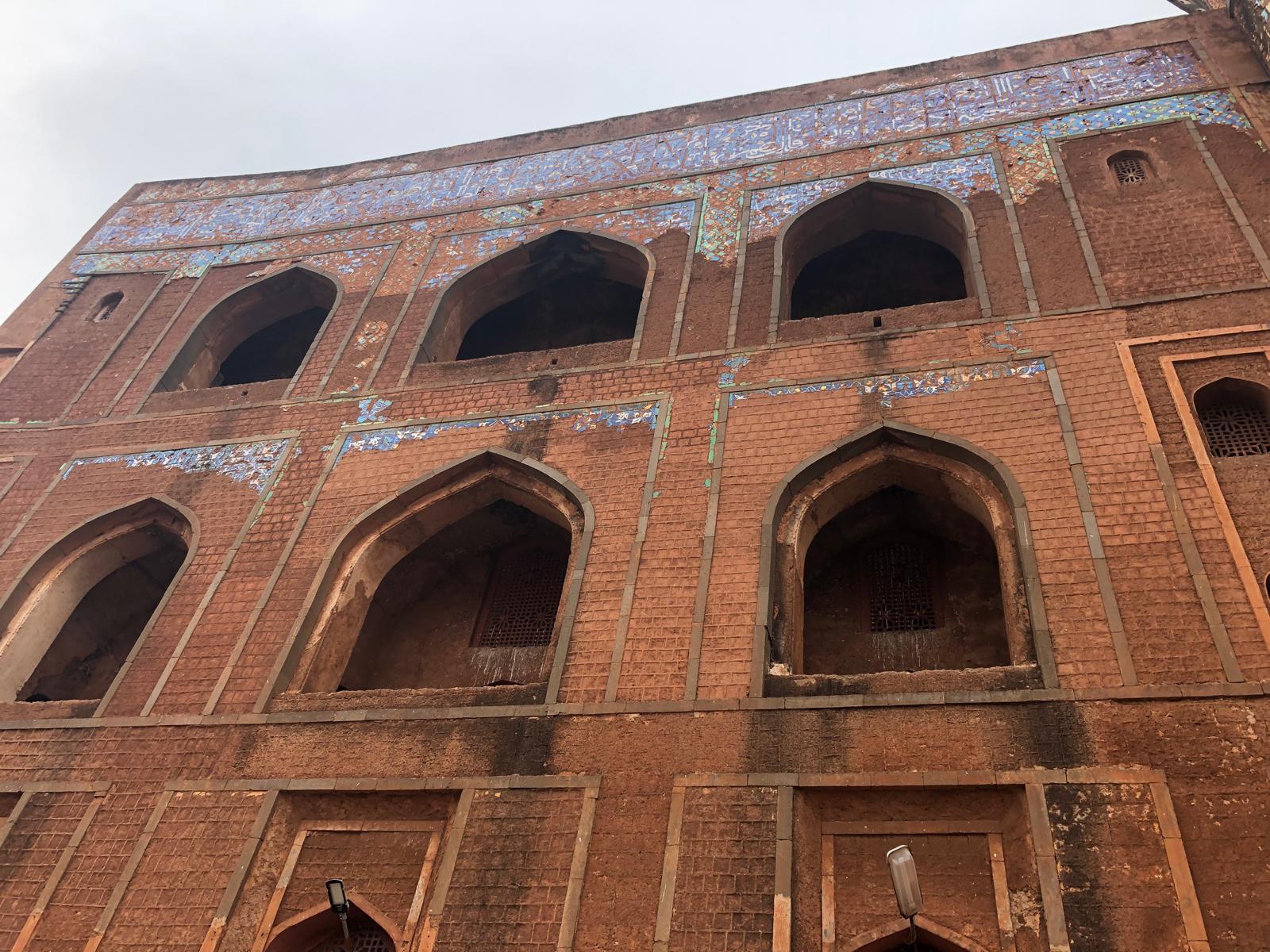
Bidar Fort
Contact Us!
- 1 (202) 599-7867 (please text, will call back)
- info@indianmuslimstudies.com
- 1 (202) 599-7867 (please text, will call back)
- info@indianmuslimstudies.com


